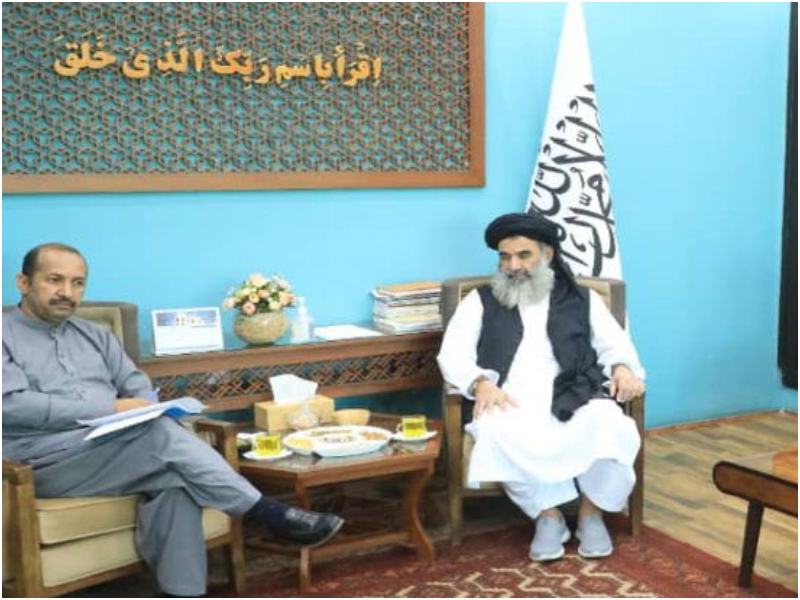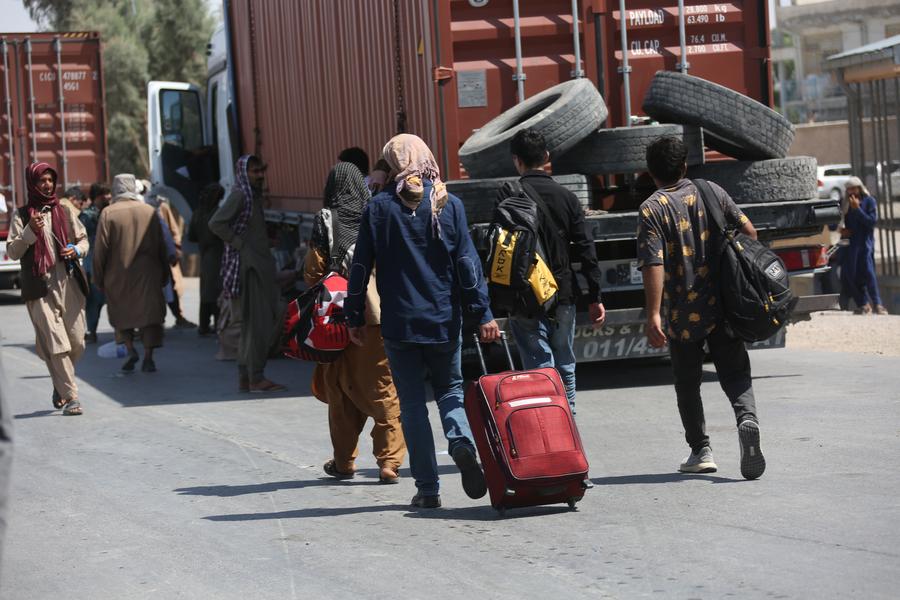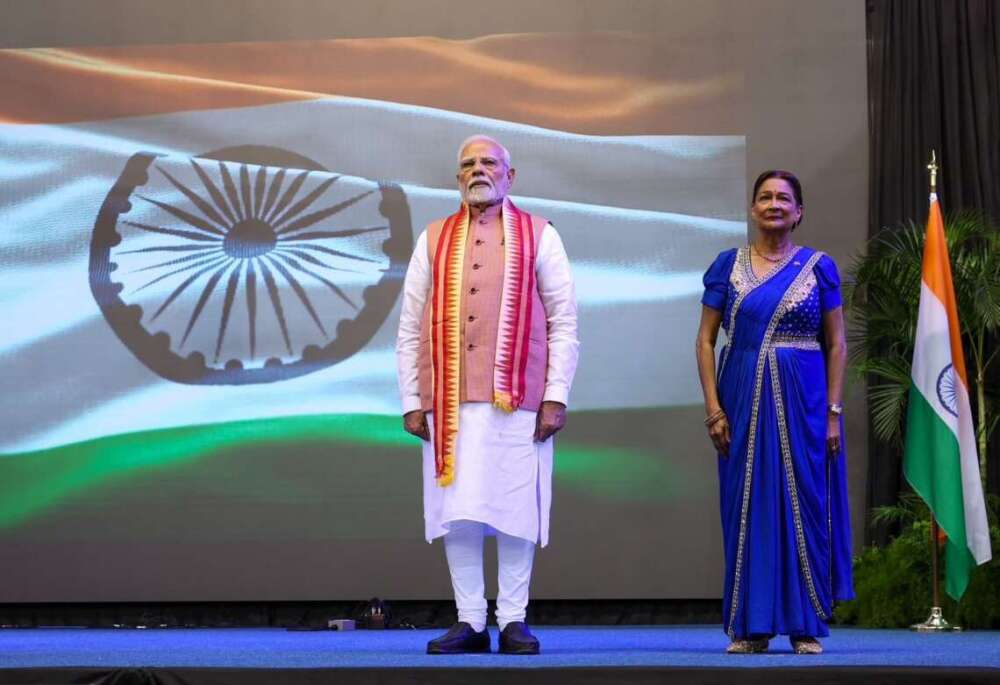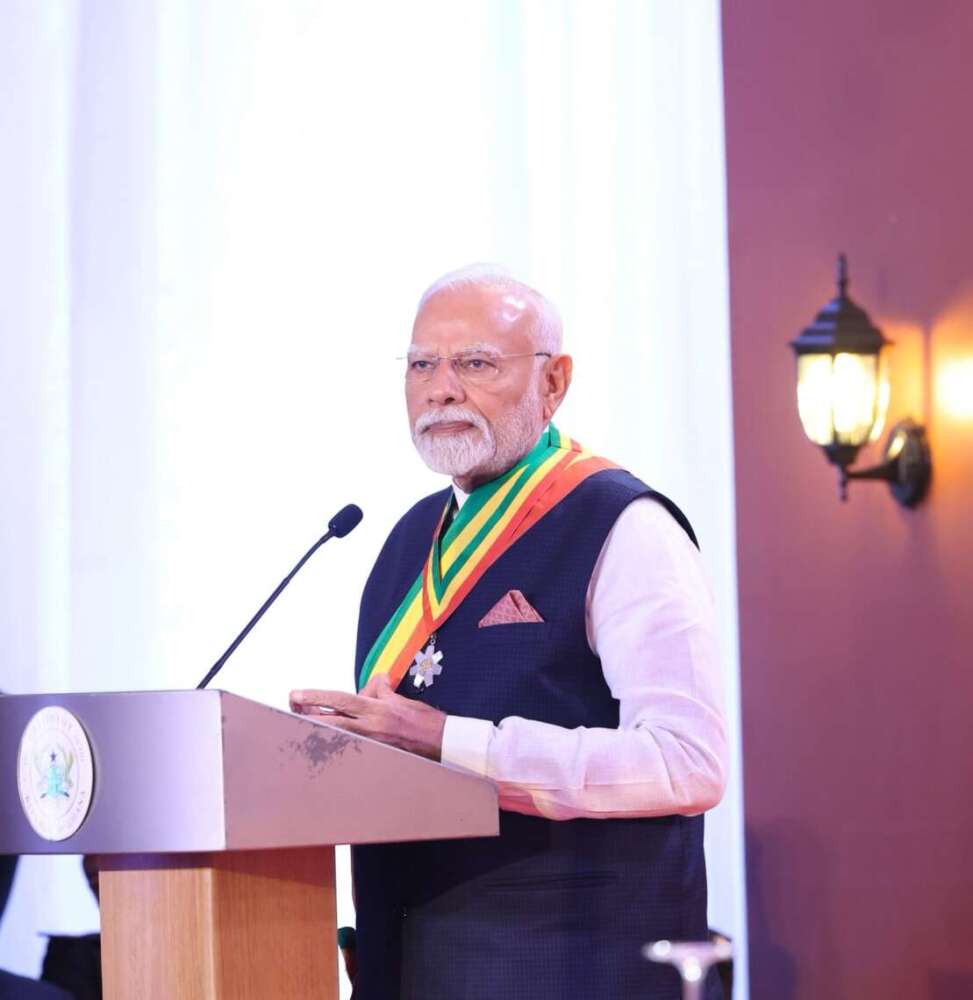The ministry of education has culled up to 700 ‘ghost schools’ from official lists since the government took power more than two years ago…reports Asian Lite News
The Afghan caretaker government’s ministry of education has identified and annulled 700 “ghost schools” across the country, the spokesman for the ministry Mansour Ahmad Hamza said.
“The ministry of education has culled up to 700 ‘ghost schools’ from official lists since the government took power more than two years ago,” the local Television channel Tolonews quoted the official on Monday as saying
Xinhua news agency reported that during the previous U.S.-backed regime in Afghanistan, “ghost” schools, teachers, students, soldiers and police personnel existed as a pretext to enable those at the helm to earn money illegally from the foreign donors.
Based on the information of the ministry of education, over 18,000 primary, secondary and high schools are operating in Afghanistan where 260,000 teachers are currently working, the report added.
Recently, the Taliban had allowed girls graduating from 12th grade to get admission to state-owned medical institutes, the media reported.
“The enrolment of girls who graduated from 12th grade has started in state-run medical institutes in Kapisa, Parwan, Panjshir, Wardak, Ghazni, Paktika, Logar, Khost, Badakhshan, Paktia and Bamyan provinces,” the state-run Bakhtar news agency reported on Tuesday without giving further details.
Since the Afghan caretaker government took over power following the withdrawal of US-led forces in August 2021, girls from 7th grade and above cannot attend classes until further notice, Xinhua news agency reported.
Consensus over key issues
UN Secretary-General Antonio Guterres has said that international representatives have reached consensus on some key issues concerning Afghanistan after a two-day meeting in Doha, but obstacles remain.
“We want an Afghanistan in peace, peace with itself and peace with its neighbours and able to assume the commitments and the international obligations of a sovereign state,” Guterres said on Monday at a press conference after the meeting.
However, Guterres pointed out that overcoming some obstacles is still necessary to break the deadlock on the Afghanistan issue, Xinhua nedws agency reported.
On the one hand, “Afghanistan remains with a government that is not recognised internationally and in many aspects not integrated into the global institutions and global economy,” he added.
On the other hand, there is a common international perception of deteriorating human rights, particularly for women and girls in the country, Guterres said.
The UN Chief added that a common roadmap must be developed to address the concerns of the international community and the Afghan authorities.
The meeting, chaired by Guterres, was attended by representatives from more than 20 countries and international organisations, including China, Russia, and the US. Taliban, the de-facto authorities in Afghanistan, did not attend.
According to the UN Chief, the conditions set by Taliban authorities to attend the meeting were “not acceptable”.
“These conditions first of all denied us the right to talk to other representatives of the Afghan society and demanded a treatment that would, to a large extent, be similar to recognition,” Guterres said.
ALSO READ: WHO: 286K+ in Afghanistan Hit by Respiratory Illness














